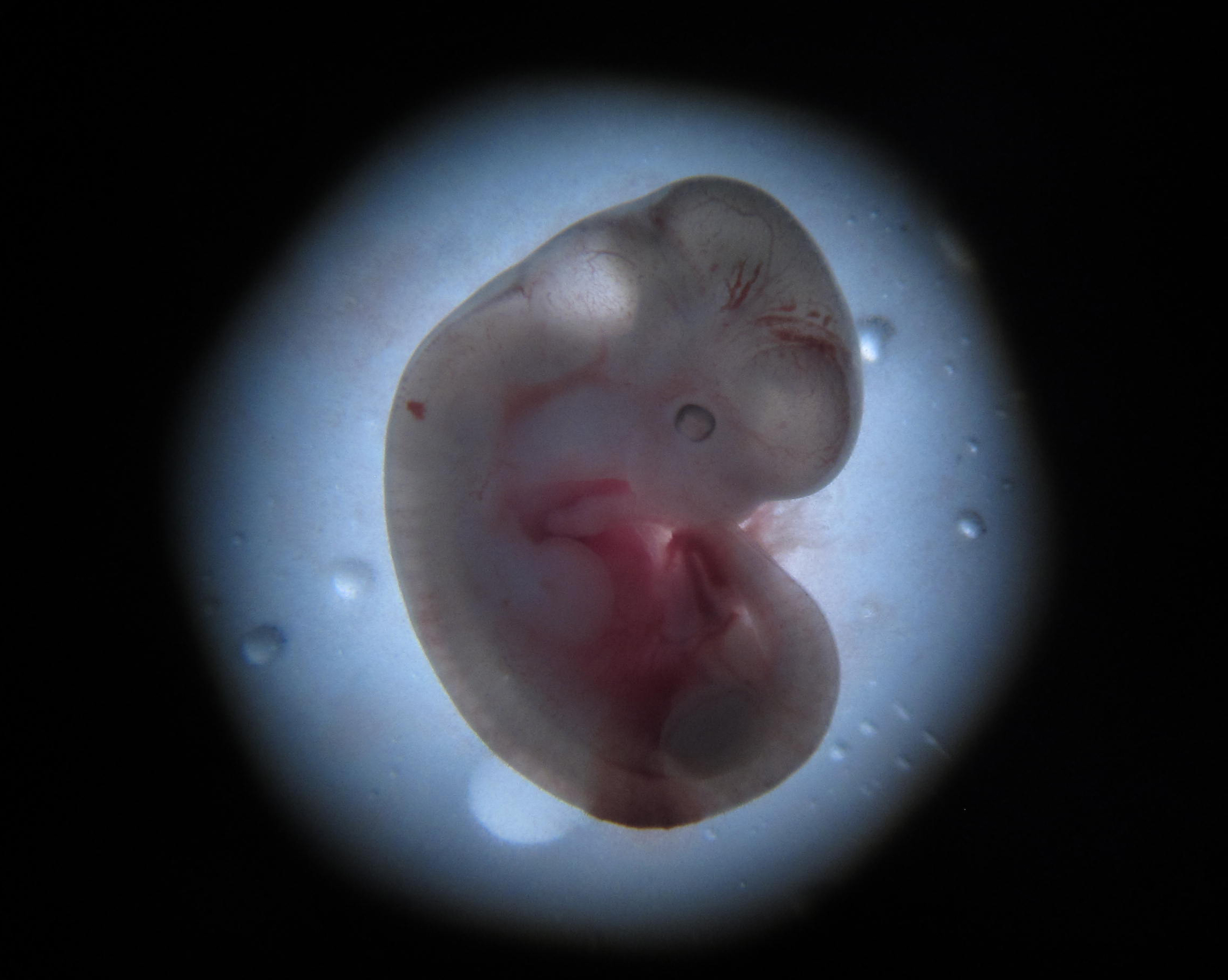A new mechanism in the formation of neurons

A study published in the journal Cell Reports reveals the existence of a mechanism essential to the formation of neurons during the embryonic development phases. The study, carried out by the IGC – the Gulbenkian Science Institute research team led by Diogo Castro, represents a contribution towards a better understanding of the formation of neurons given that the embryonic stem cells give rise to different types of specialist cells, including neurons. Just what determines that one type of cell becomes different to another derives from the set of genes active in each type of cell but thus far little was known about how this final status of differentiation comes about.
The researchers analysed the brains cells of mouse embryos and cultures of neuron stem cells and discovered that a particular molecule, the MyT1 factor of transcription, fosters neuron formation. “The factors of transcription function as the maestros of orchestras, controlling the identity of the cells through indicating which genes are active at any particular stage in embryonic development”, explained Francisca Vasconcelos, the lead author of this research study at the laboratory run by Diogo Castro.
However, this molecule functions in a different fashion: instead of activating the genes that confer a neuronal identity, MyT1 “turns off” those genes that confer an undifferentiated status on the stem cell characteristics. Diogo Castro detailed how the “alterations in the cell identity require not only the acquisition of new characteristics or functions but also the suppression of those that characterise the initial immature status”.
The results of this research team show how MyT1 interlinks both these events and revealing how these processes are synchronised in order to take place in an ordered fashion. This study took place in collaboration with scientists from the San Raffaele Scientific Institute (Italy) and the Karolinska Institute (Sweden).
